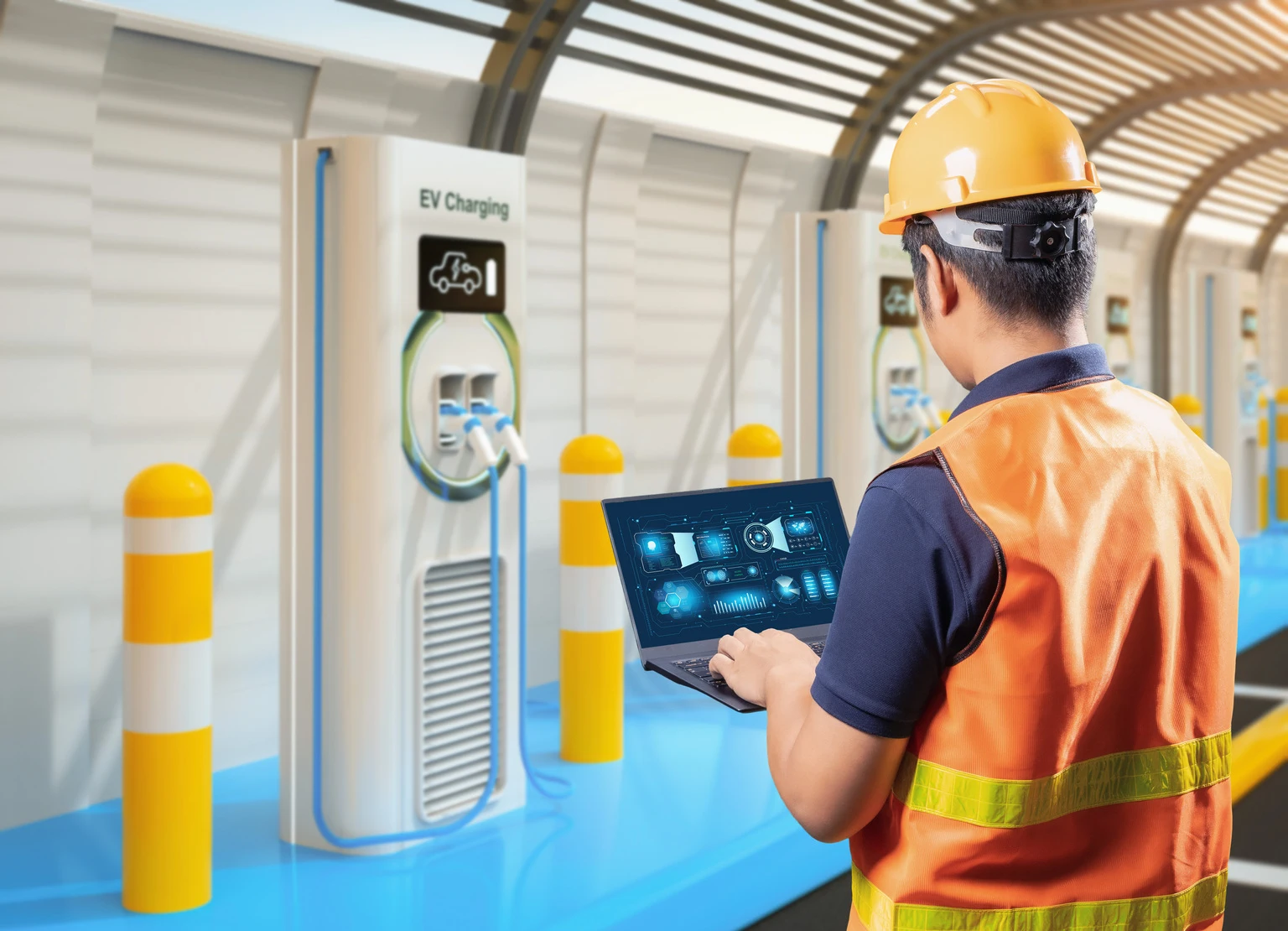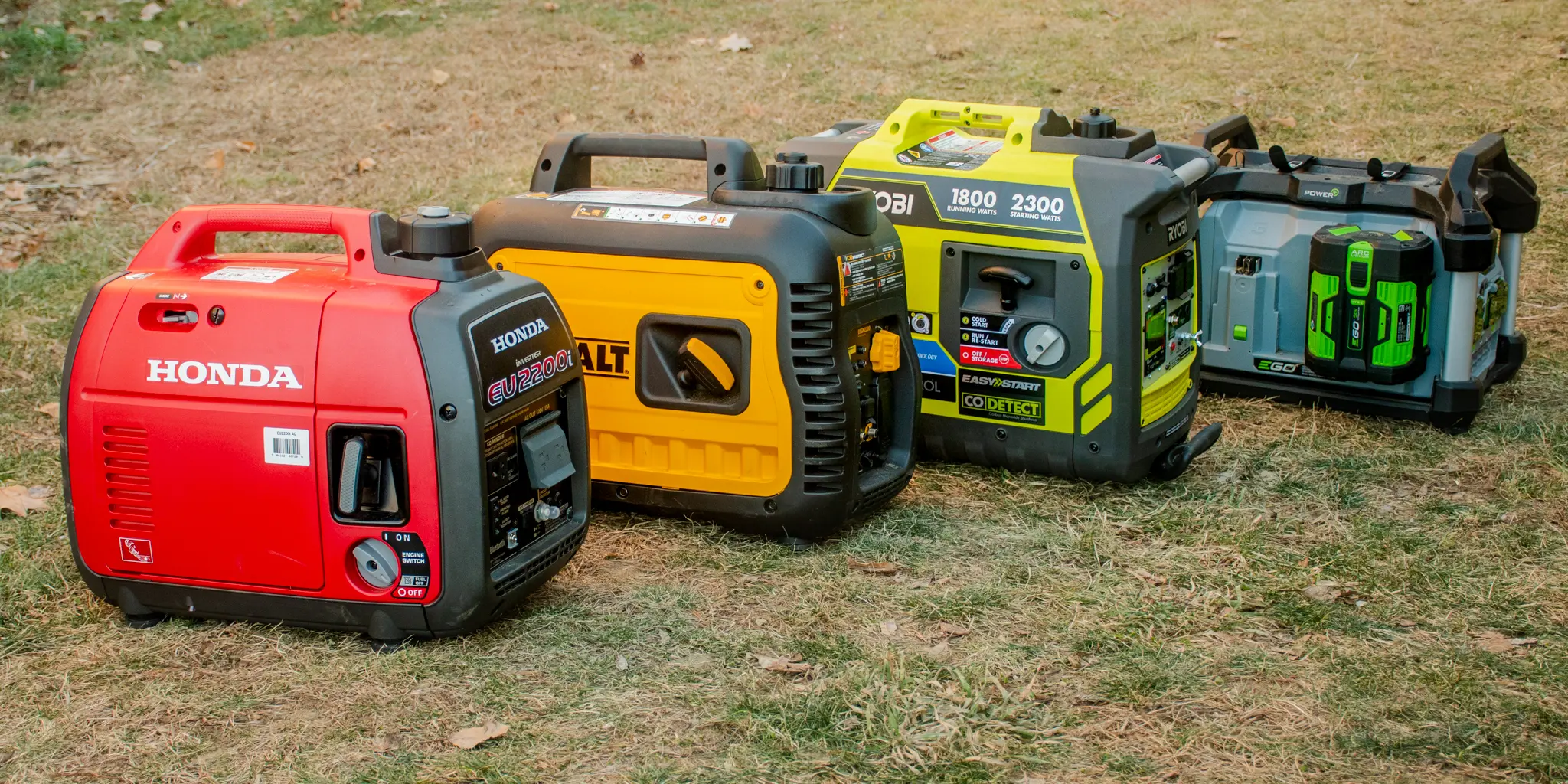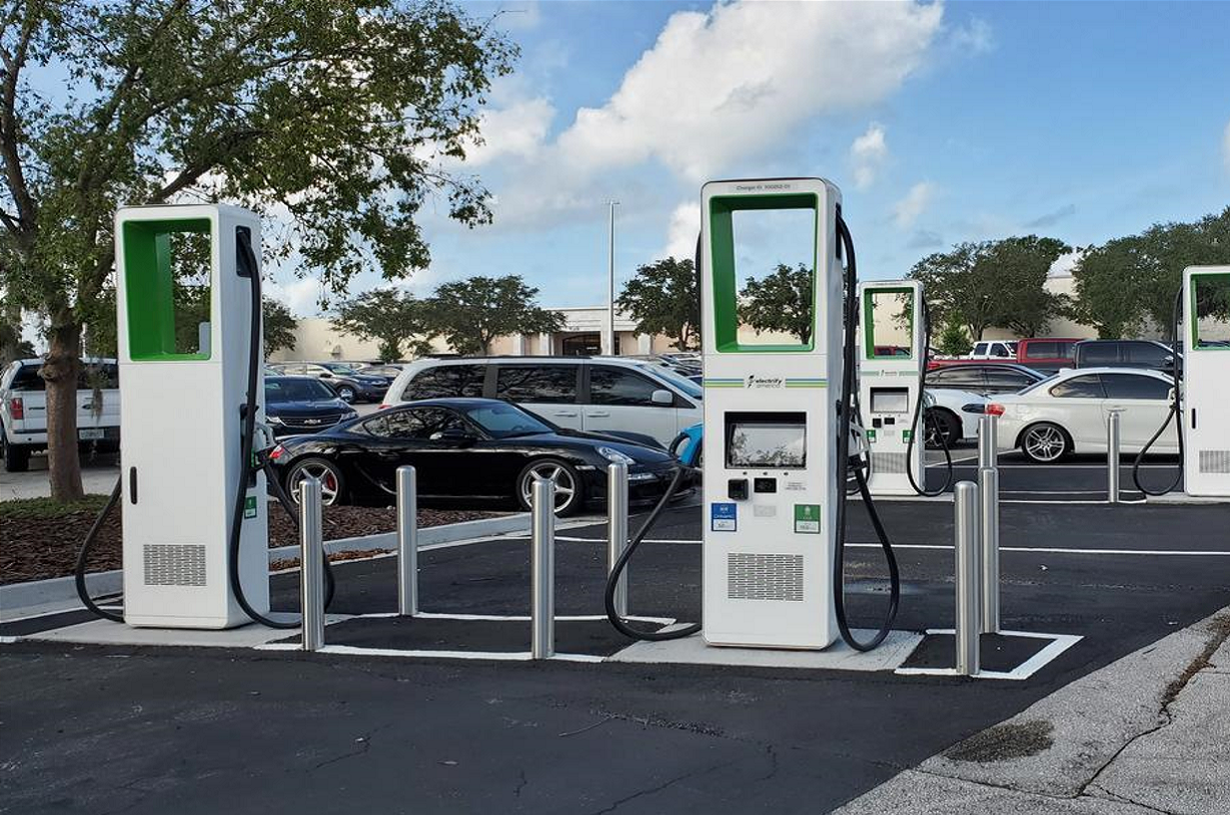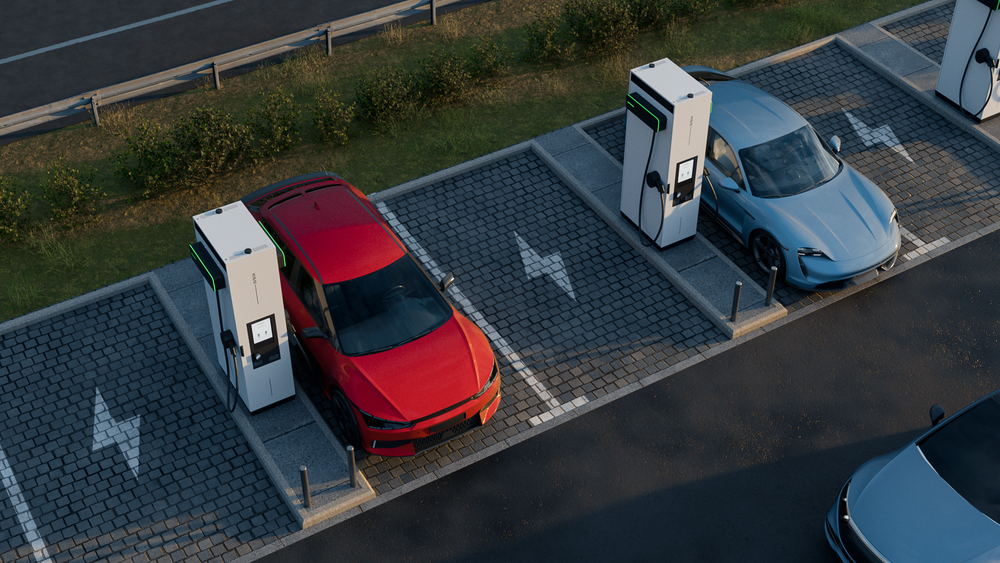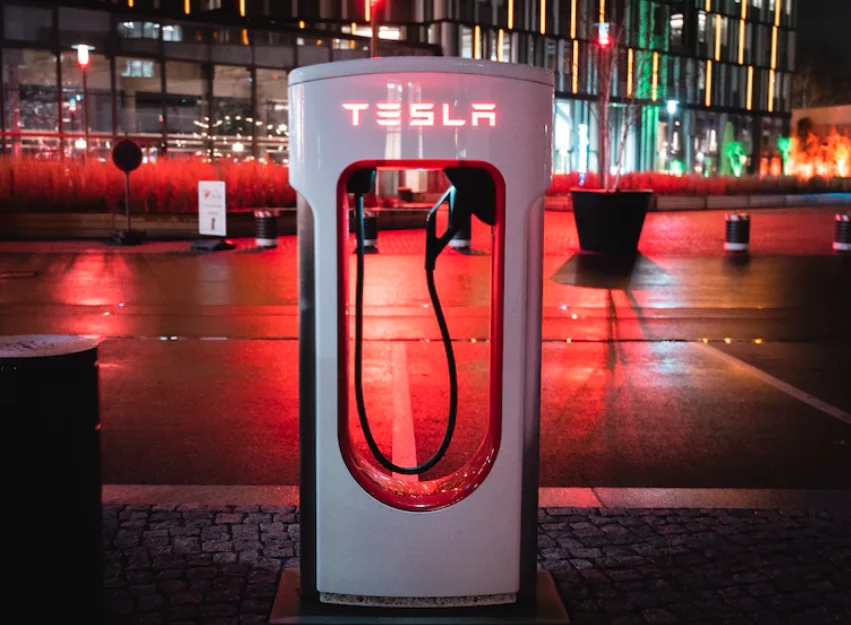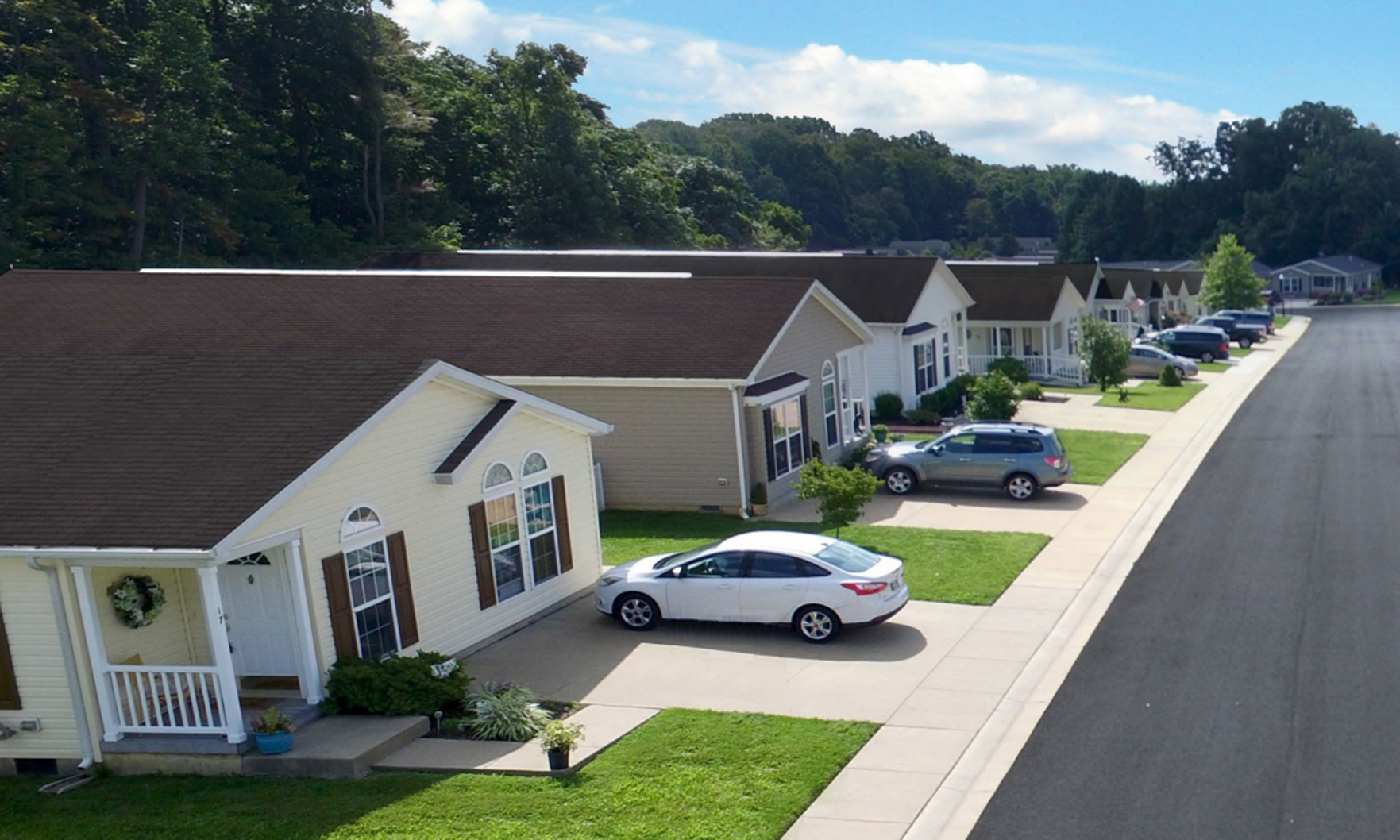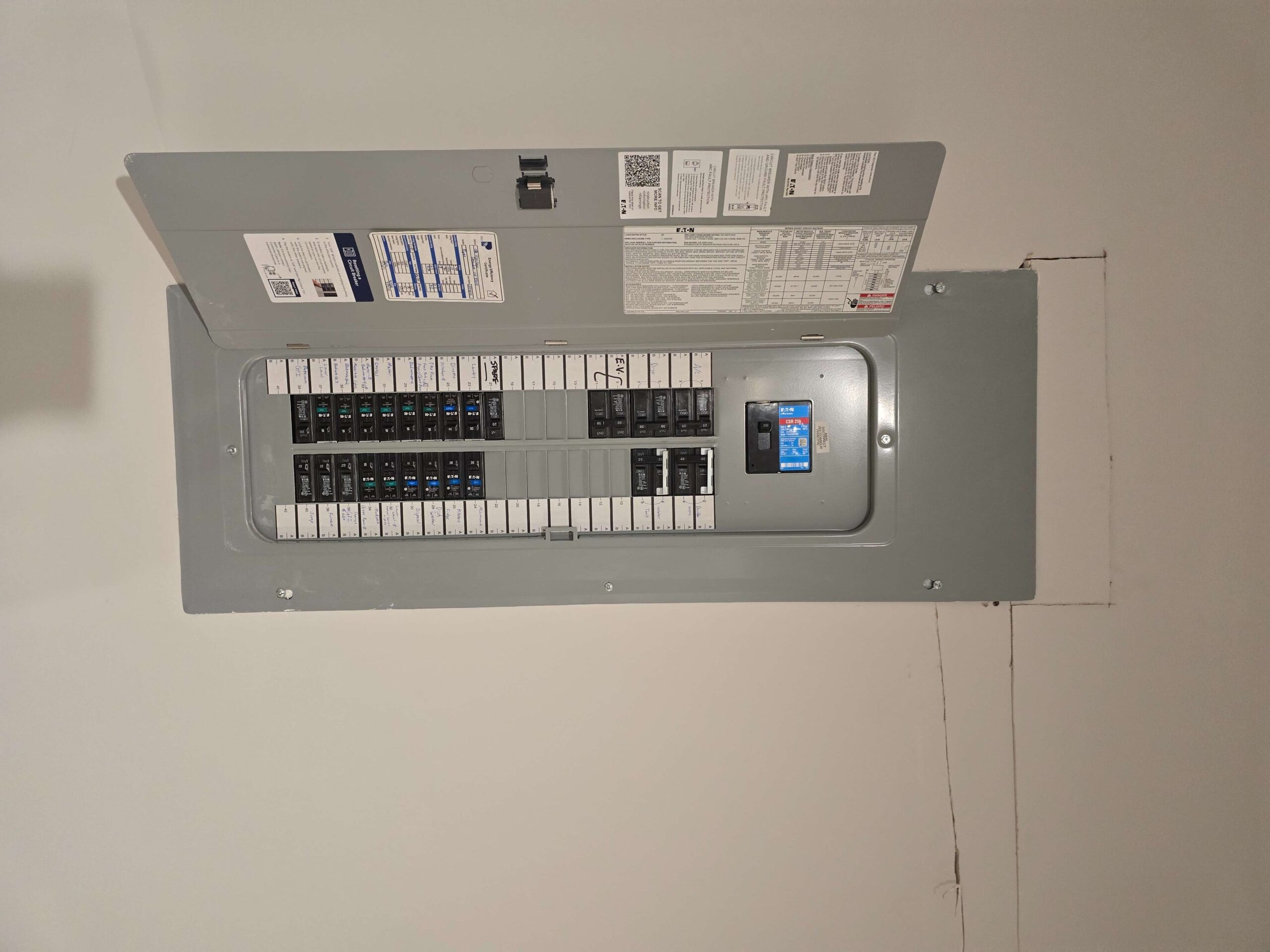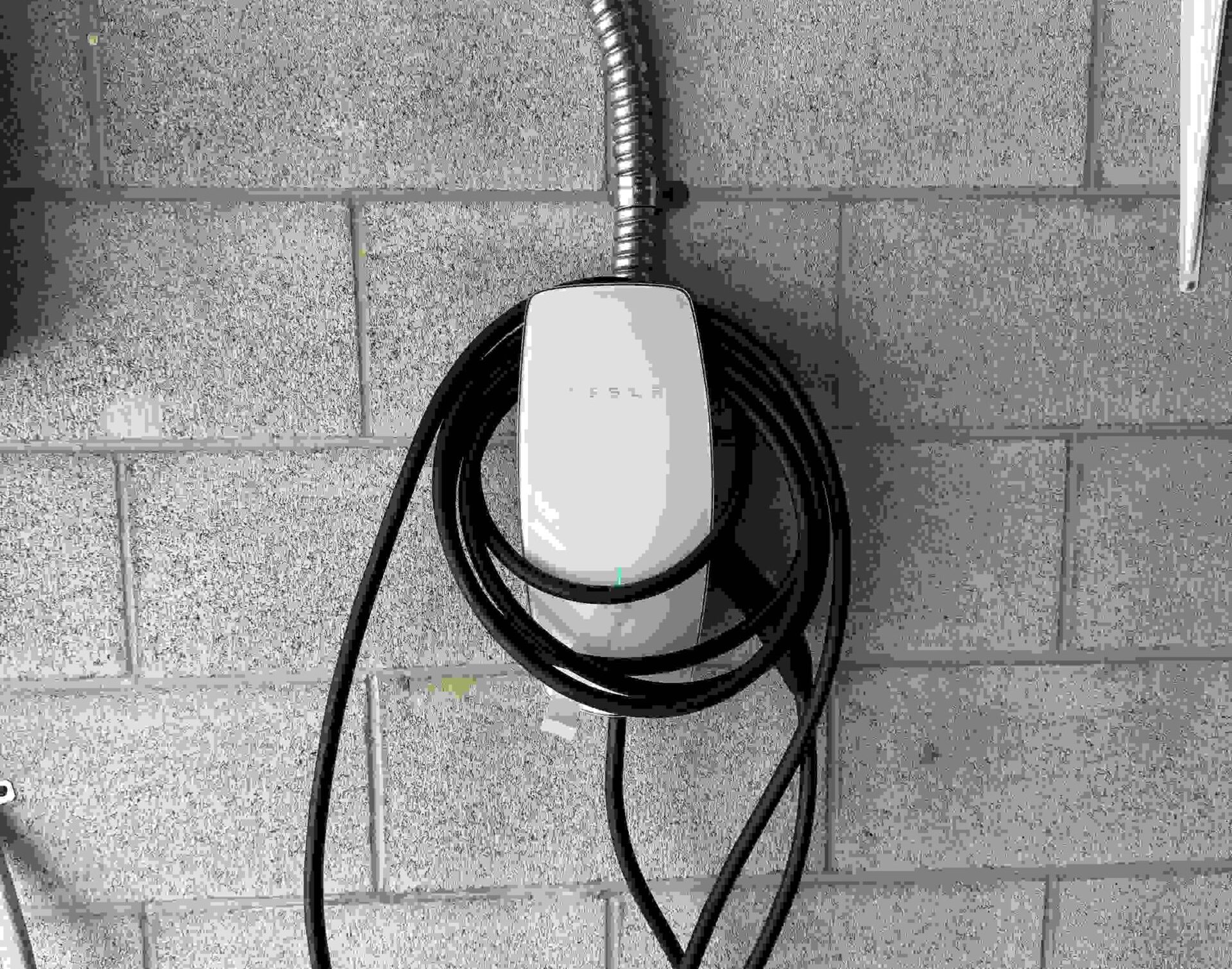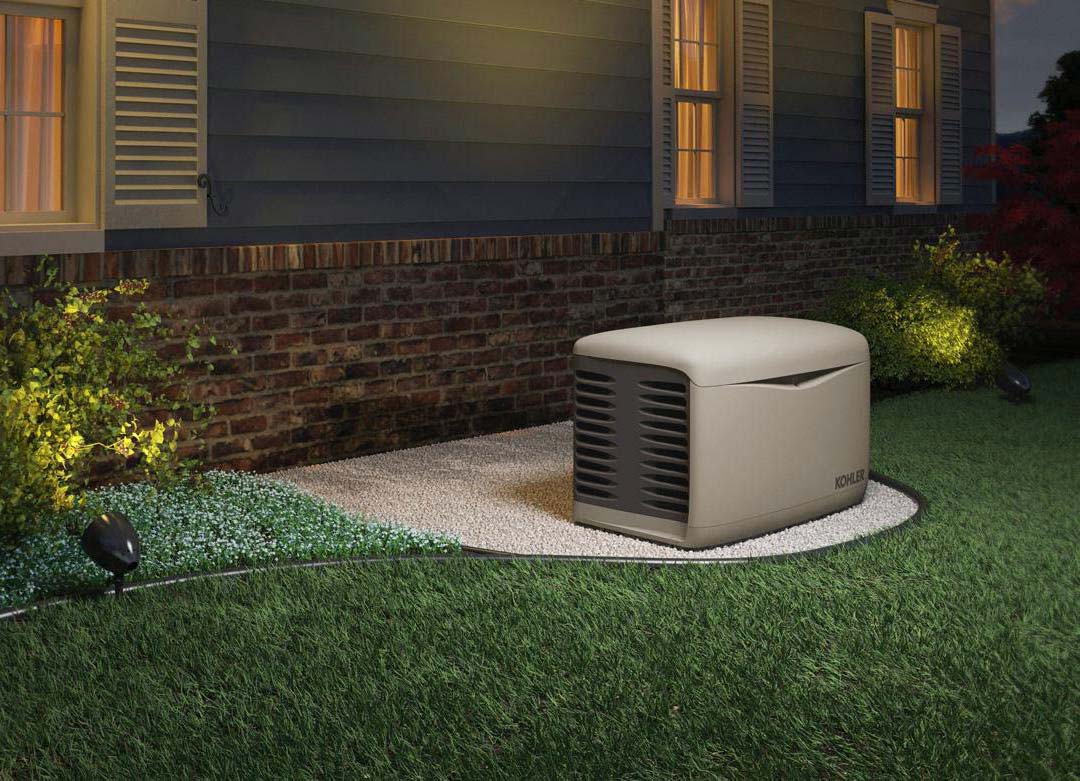
Imagine this: It’s the middle of the night, a storm is raging outside, and suddenly, all the lights go out. Your house is plunged into darkness. The hum of the refrigerator stops, the heating or air conditioning shuts down, and your phone’s battery is on its last legs. What do you do?
This is a scenario many of us face, and it’s one of the primary reasons homeowners in Columbus and beyond are asking a crucial question: “Should I own a home generator for power outage emergencies?“
The answer, for many, is a resounding YES.
A power outage is more than just an inconvenience; it can be a genuine threat to your family’s comfort, safety, and even your home’s integrity. Food in the fridge and freezer spoils, pipes can freeze in the winter, and critical medical equipment can fail. Having a reliable home generator for power outages is the ultimate solution, providing peace of mind and ensuring your life doesn’t come to a grinding halt when the grid goes down.
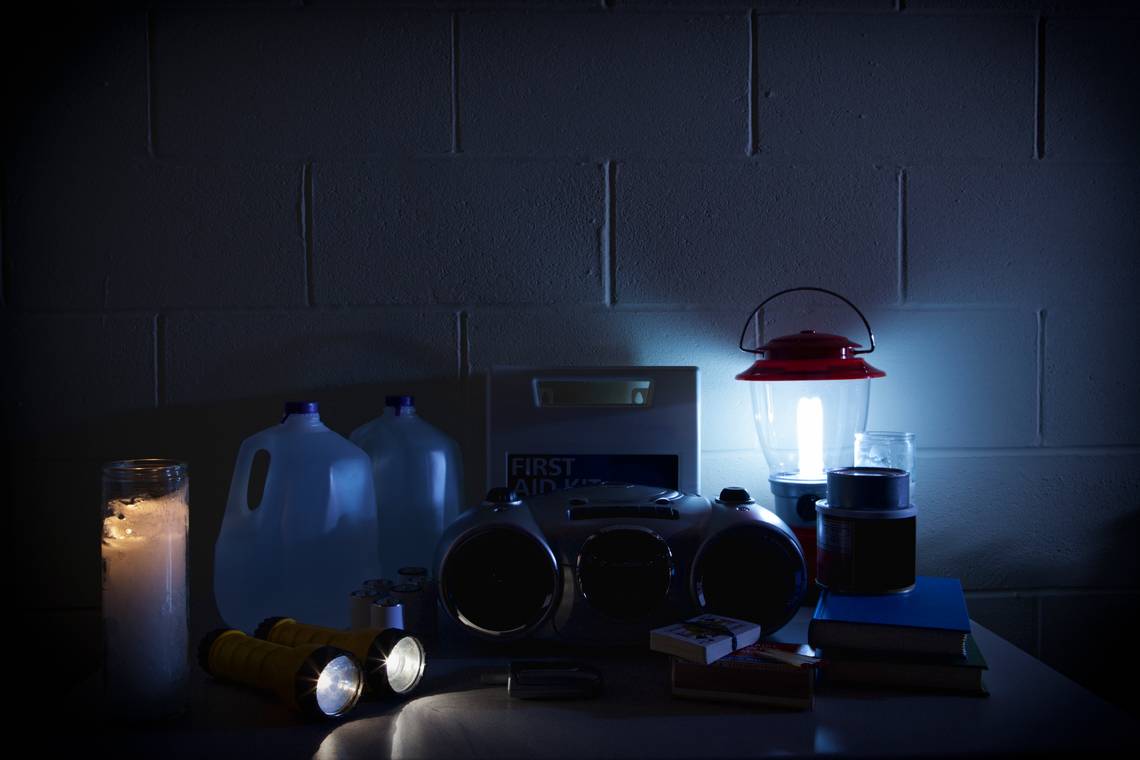
The Unseen Dangers of a Power Outage
Most people consider a power outage a temporary annoyance, but the reality is far more serious. During a prolonged outage, especially in extreme weather conditions, your home can become a hazardous environment.
- Food Spoilage: Your refrigerator and freezer are designed to keep food safe, but without power, they can only hold their temperature for so long. This leads to hundreds of dollars in spoiled food and potential health risks.
- Frozen Pipes: In the freezing temperatures of a Columbus winter, a lack of heat can cause pipes to freeze and burst, leading to catastrophic water damage and expensive repairs.
- Loss of Communication: In an emergency, staying connected is vital. A dead cell phone or a disconnected internet router can leave you isolated and unable to call for help.
- Safety and Security: A dark home is an invitation for trouble. Your security system, outdoor lighting, and even simple motion sensors all rely on electricity.
- Medical Needs: For families with medical equipment like oxygen concentrators or nebulizers, a power outage is not just an inconvenience—it’s a life-threatening situation.
A home generator for power outages addresses all these concerns and more, providing a seamless transition to backup power so you can continue living your life as if nothing happened.
What is a Whole Home Generator and Why is it the Best Choice?
When people talk about a home generator for a power outage, they’re often referring to a standby generator. Unlike a portable generator that you have to manually wheel out, start, and connect with extension cords, a standby generator is a permanent fixture outside your home. It’s wired directly into your electrical panel and automatically kicks on within seconds of a power outage.
This is a game-changer. You don’t have to brave the storm to get it running. You don’t have to worry about refueling it constantly. It simply works, giving you and your family the peace of mind that comes with uninterrupted power. For this reason, a whole house generator installation is often the top choice for homeowners looking for the ultimate level of protection.
The Benefits of a Whole House Generator Installation
A whole house generator installation provides a comprehensive solution for your power needs. Here’s what makes it stand out:
- Automatic Operation: The biggest advantage is its ability to sense a power outage and turn on by itself. You don’t have to lift a finger.
- Powers Your Entire Home: A standby generator is powerful enough to run everything from your HVAC system and refrigerator to your lights, TV, and computers. It’s the ultimate electric generator for home.
- No Refueling Hassles: These units are typically connected to your home’s natural gas or propane line, meaning they can run for days or even weeks without needing to be refueled.
- Increased Home Value: A permanent standby generator is a significant upgrade that can increase the resale value of your home, making it a wise long-term investment.
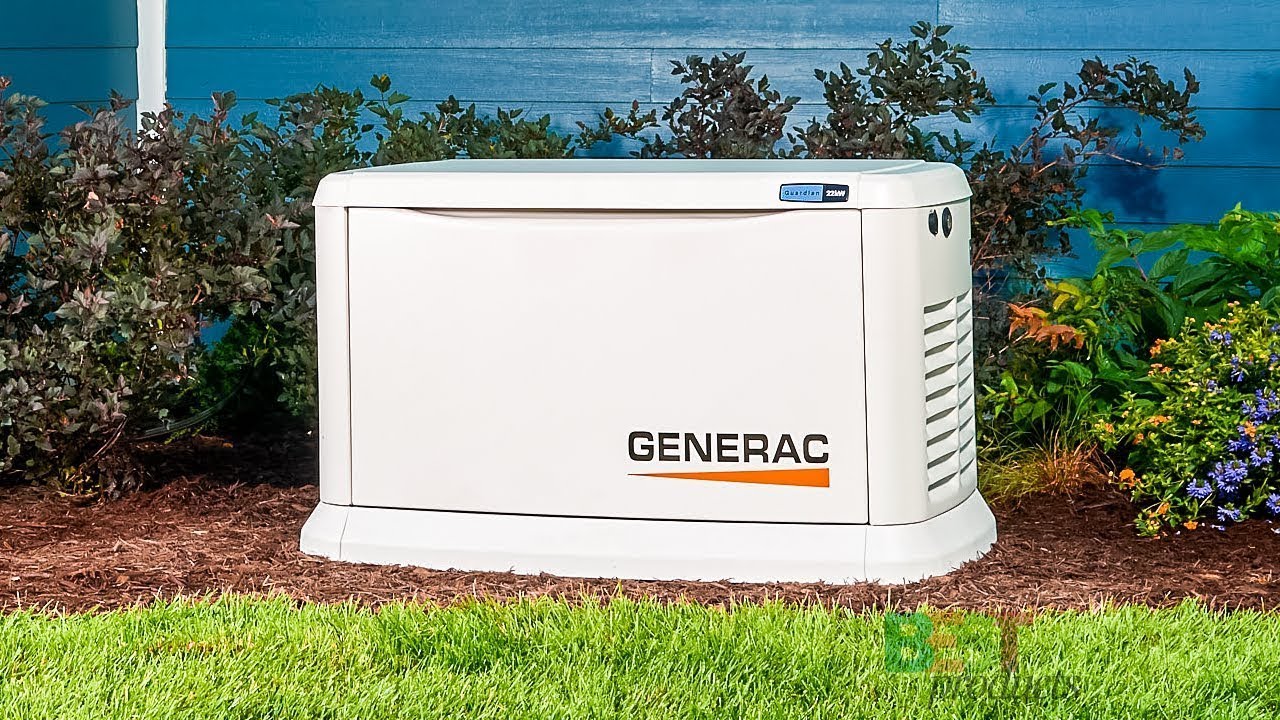
Understanding the Different Types of Home Generators
While a whole home generator is the gold standard, it’s helpful to know your options. The best home generators for power outages come in a few different forms, each with its own pros and cons.
- Standby Generators (Whole Home Generators): As we’ve discussed, these are permanently installed, automatic units. They’re the most reliable and convenient option, offering the highest level of protection.
- Portable Generators: These are smaller, more affordable, and mobile. They require manual setup and fueling and are generally used to power a few essential appliances like a refrigerator and some lights.
- Inverter Generators: These are a type of portable generator known for being quieter and more fuel-efficient. They produce clean power, which is safe for sensitive electronics.
- Solar Powered Home Generators: These are a newer, eco-friendly option. They use solar panels to charge a battery pack, which then powers your home. While they’re great for sustainability, they are often less powerful and can be limited by weather conditions.
For most homeowners looking for a reliable, hassle-free solution to protect their entire home, a backup generator for home in the form of a standby unit is the clear winner. The question then becomes, “What is the best generator for home?” The answer depends on the size of your home and your specific power needs. A professional consultation can help you determine the right size and model for you.
Whole Home Generator Cost: Is it Worth the Investment?
One of the most common questions we hear is about the whole home generator cost. It’s true that a full whole home generator installation is a significant investment upfront. The total cost can vary widely depending on the size of the generator, the complexity of the installation, and local labor costs. However, it’s crucial to look at this not as an expense but as an investment in your home and family’s security.
Consider the potential costs of a long power outage:
- Lost Food: A full refrigerator and freezer can hold hundreds of dollars worth of food.
- Damaged Pipes: The cost to repair burst pipes and resulting water damage can be thousands, or even tens of thousands, of dollars.
- Hotel Stays: If you are forced to leave your home, hotel stays and dining out can quickly add up.
- Lost Work: If you work from home, a power outage means you can’t be productive, leading to lost income.
When you weigh these potential losses against the whole house generator cost, the decision becomes much clearer. A standby generator is an insurance policy against the chaos and expense of a power outage. It’s an investment in uninterrupted comfort and safety.
Finding the Best Standby Generator Installation Near Me in Columbus, Ohio
When you decide a backup generator for home is right for you, the next step is finding a reputable company to handle the installation. A proper installation is key to ensuring your generator works reliably when you need it most. This is not a DIY project. It involves electrical work, gas line connections, and adherence to local building codes.
For residents in Columbus, Ohio, and the surrounding areas, finding a trustworthy and experienced professional for a standby generator installation near me is essential. Look for a company with a strong track record, certified technicians, and a commitment to quality service. They should be able to guide you through the entire process, from selecting the right generator to completing the final inspection. A great company will make the entire process simple and stress-free, ensuring your home generator for power outage is ready to perform flawlessly.
READ ALSO: Home Generator for Power Outage: Why Every Home Needs One
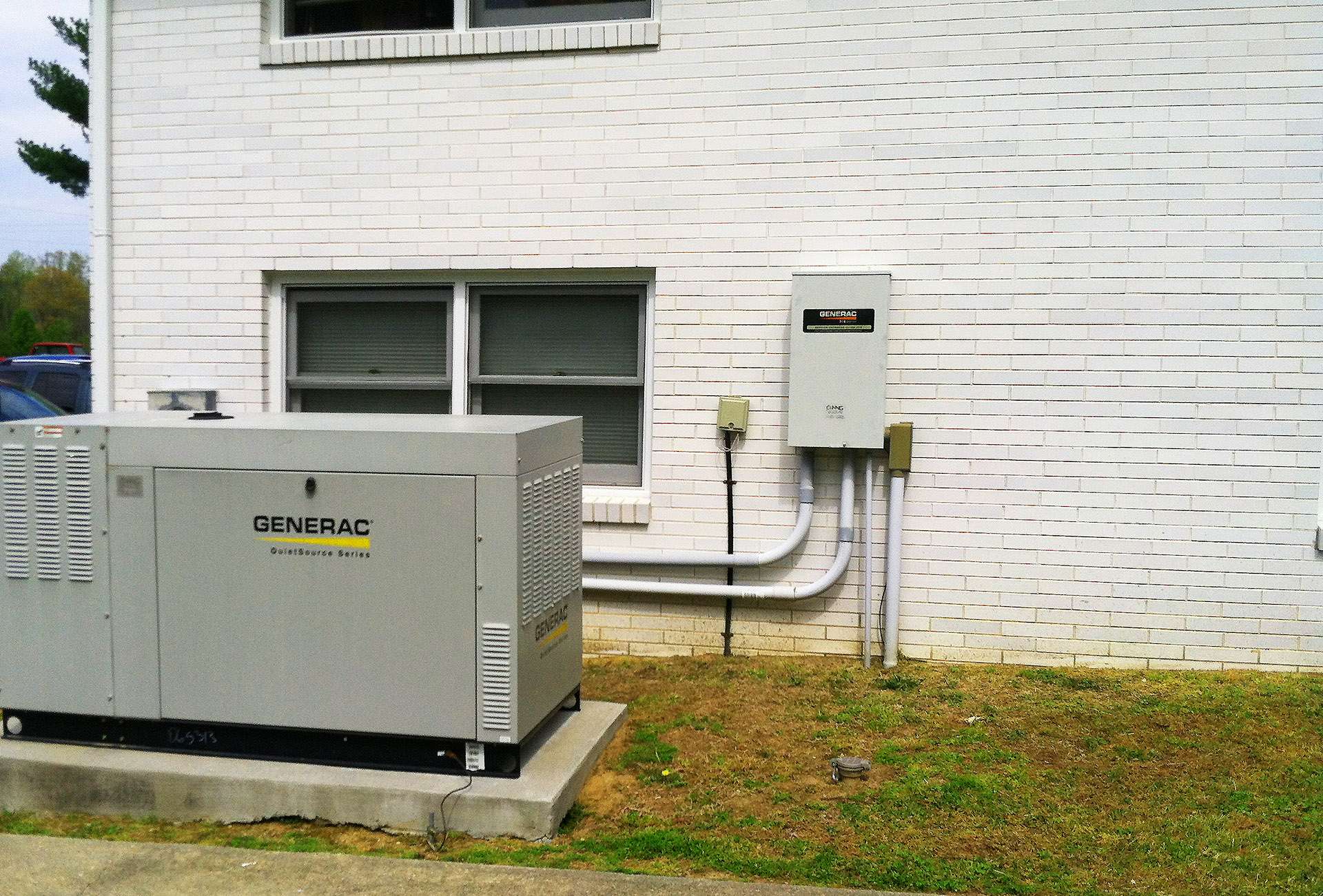
How to Choose the Best Home Backup Generator
Selecting the best home backup generator involves more than just picking a brand. It requires careful consideration of your specific needs. Here are a few key factors to consider:
- Sizing: What appliances and systems do you want to power during an outage? Do you need to run your entire home or just a few essentials? A professional will perform a load calculation to determine the correct size generator for you.
- Fuel Source: Standby generators typically run on natural gas or liquid propane. Natural gas is convenient because it’s connected to your home’s existing line, while propane requires a tank that needs to be refilled.
- Features: Look for features like automatic self-testing, remote monitoring, and a weather-resistant enclosure. These features add to the reliability and convenience of your electric generator for home.
A professional consultation is the best way to navigate these choices and ensure you get the perfect home generator for power outage for your family.
Frequently Asked Questions (FAQ) about Home Generators
Q: How long can a whole home generator run during a power outage?
A: A whole home generator connected to a natural gas line can run indefinitely, as long as the gas supply is uninterrupted. If it’s running on a propane tank, it will run until the tank is empty. The duration depends on the size of the tank and how much power the generator is producing.
Q: Is a home generator for power outage loud?
A: Standby generators are much quieter than most portable generators. They are designed to operate at a noise level similar to a central air conditioning unit. Newer models are even quieter, making them a good neighbor-friendly choice.
Q: What is the maintenance required for a backup generator for home?
A: A standby generator requires regular, but simple, maintenance. This usually involves an annual service check, including oil and filter changes, to ensure it’s in top working condition. Most modern generators also have a self-testing feature, which runs the generator for a short period each week to make sure it’s ready to go.
Q: Can I install the whole house generator myself?
A: No. A whole house generator installation is a complex and dangerous task that should only be performed by a licensed professional. It involves working with high voltage electricity and gas lines, which requires specialized knowledge and tools to do safely and correctly. Improper installation can be a fire hazard and may void your warranty.
Q: What is the average whole house generator cost?
A: The cost can vary significantly based on the size, brand, and installation complexity. It typically includes the generator unit itself, the transfer switch, and the professional installation. For an accurate quote, it’s best to get a free, no-obligation estimate from a reputable installer.
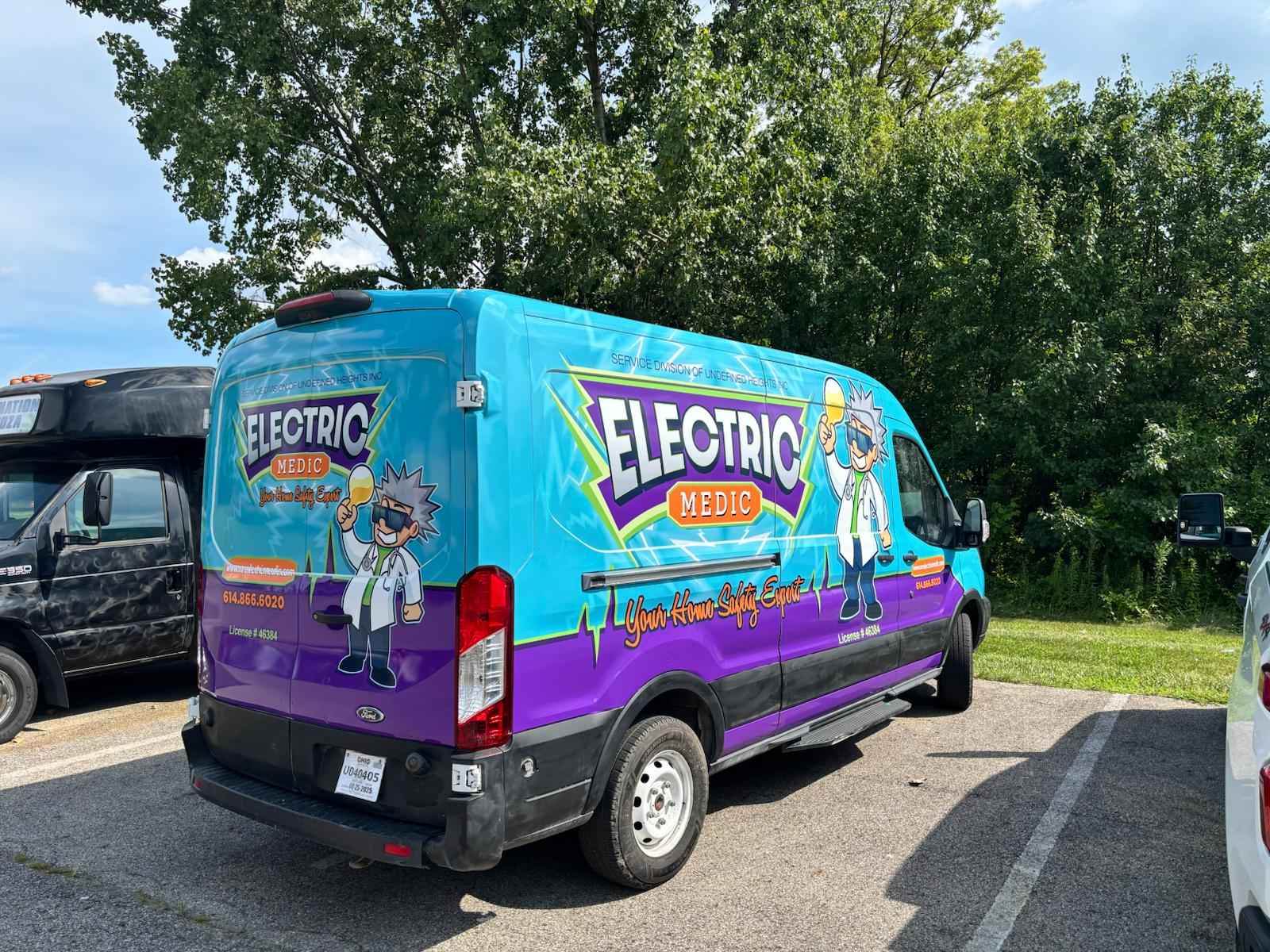
Ready for Uninterrupted Power? We’re Your Columbus, Ohio Experts! Call us at (614) 866-6020
Don’t wait for the next power outage to realize you need a reliable solution. At Electric Medic, we specialize in professional whole-home generator installation for homeowners in Columbus, Ohio, and the surrounding communities. We’ll help you select the best home generators for power outages and handle the entire installation process, ensuring your family is safe, comfortable, and connected no matter what the weather brings. From a simple consultation to a flawless installation and ongoing maintenance, we are your trusted partners in power security. Call us today to get your free, no-obligation estimate and take the first step towards never being left in the dark again.

